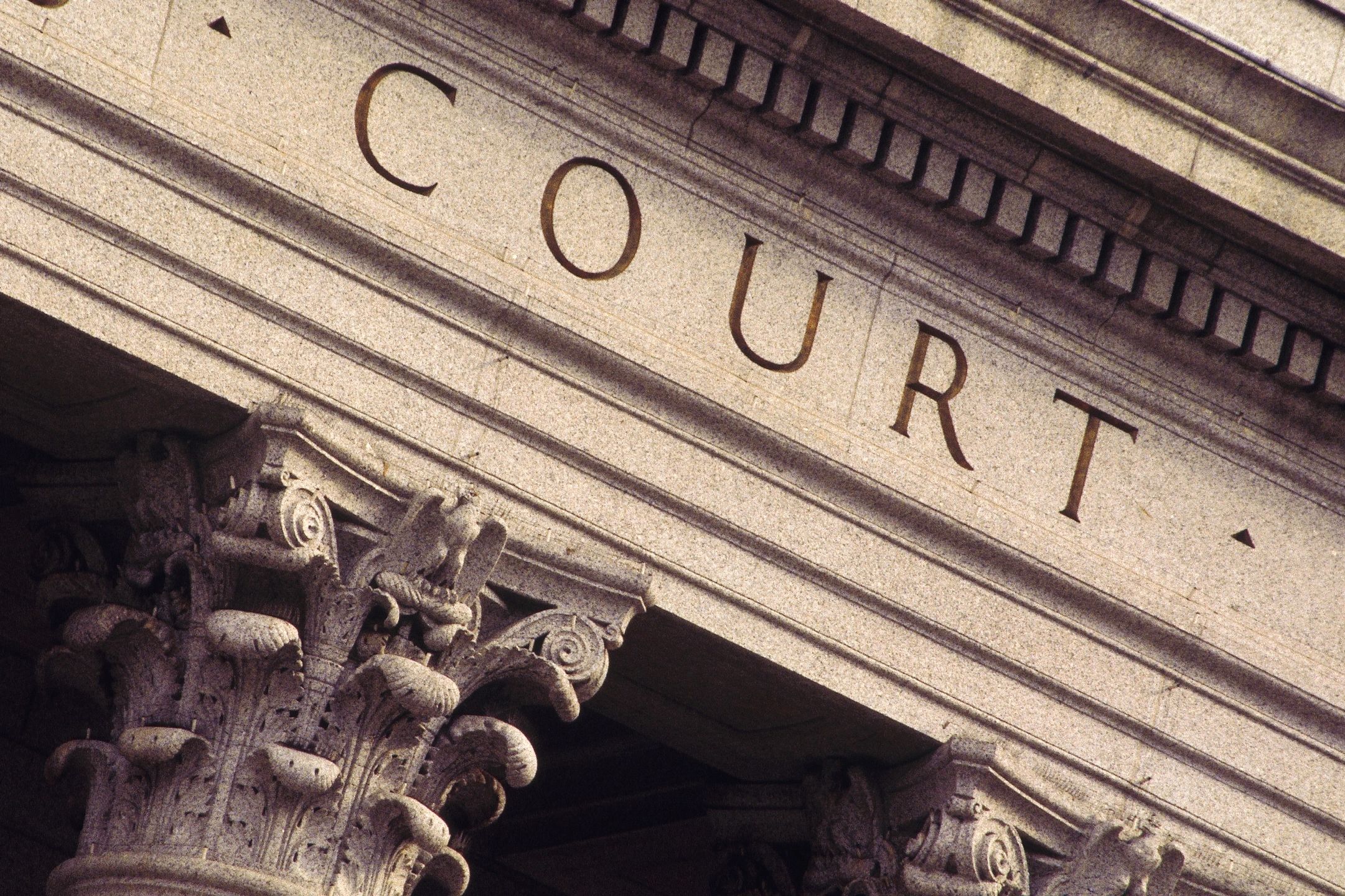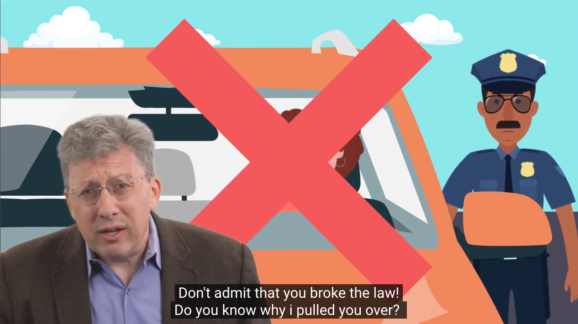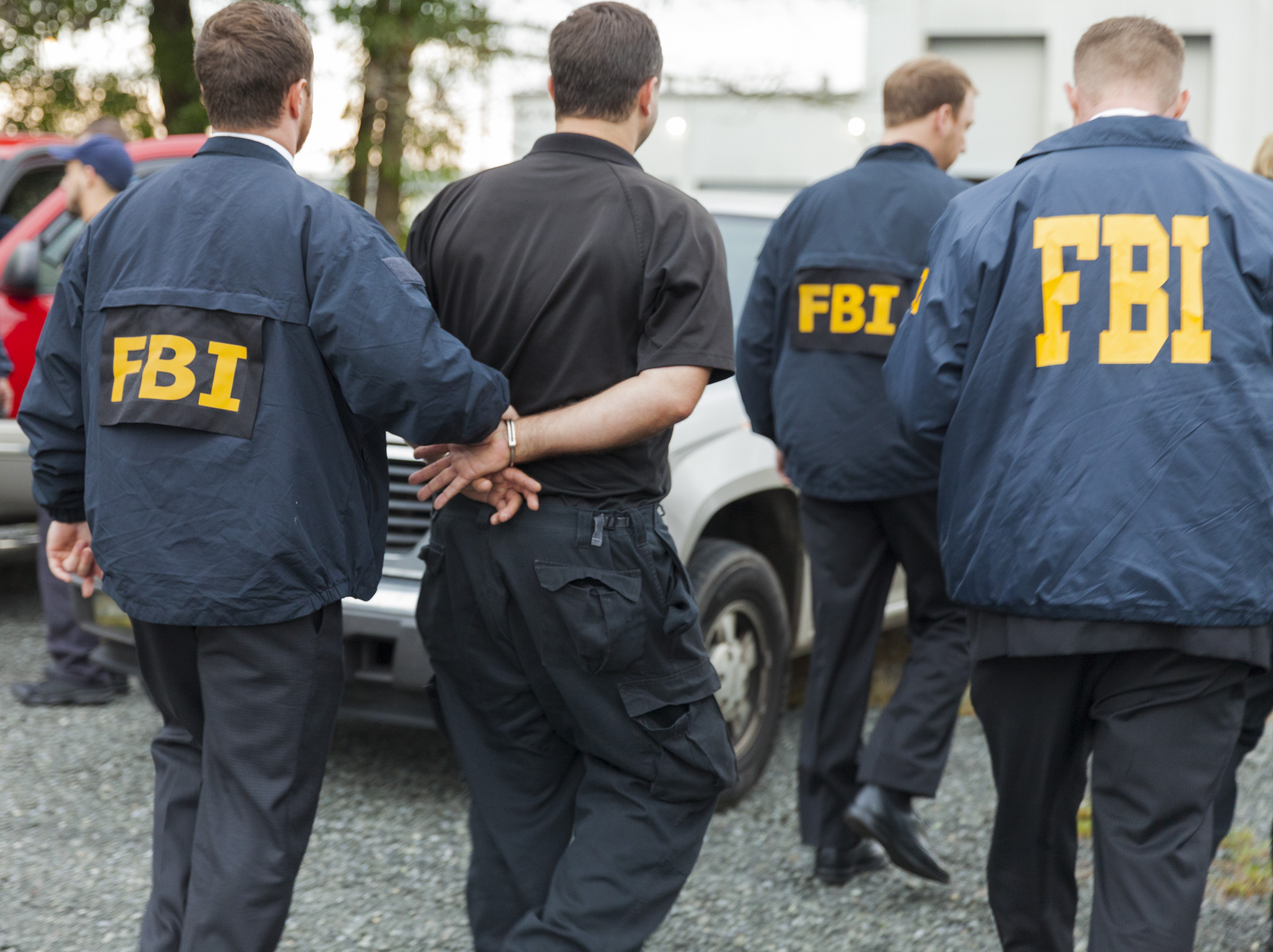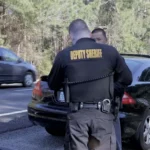This Week’s Outrage (Which, Again, Touches on Civil Asset Forfeiture)
Last week, the Birmingham News published a scorching expose of police practices in the little town of Brookside, Alabama (population 1,253). Brookside has no traffic lights and one retail business—a Dollar General store. Over the last few years, business in this little town just north of Birmingham has been booming—if you count revenue from traffic violations as business.
When Mike Jones was hired by Brookside in 2018 as police chief, he became the town’s only full-time police officer. That year, the number of serious crimes reported by Brookside to the state was zero. Over the next few years, Chief Jones hired eight additional police officers and several more part-timers. Earlier this month, the department announced that it had hired six more officers. Even before the new hires, the ratio of officers to residents in Brookside had grown to more than four times the national average.
Between 2018 and 2020, revenues from fines and forfeitures soared by more than 640 percent; those revenues now account for half the city’s income stream. In contrast, its 2017 revenue from fines and forfeitures made up only 10 percent of its budget.
Brookside’s rate of towed cars also shot up in that period: “It went from towing 50 vehicles in 2018 to 789 in 2020, each carrying fines. That’s a 1,478% increase, with 1.7 tows for every household in town.”
“As more tickets brought in more money, the town began to spend much more. From 2018 to 2020, spending on police rose from $79,000 to $524,000, a 560% increase. The town’s administrative expenditures rose 40% and overall spending jumped 112%, from $553,000 in 2018 to $1.2 million in 2020.”
In Brookside, “total arrests—custodial, misdemeanor and felony—rose 1,109% from 2018 to 2020. Brookside police made 4.4 arrests in 2020 for every household.” That year, Brookside collected nearly $500 in fines and forfeitures for every man, woman, and child in the town.
When Chief Jones was questioned about Brookside’s skyrocketing cash intake, he responded that he’d prefer to see even more growth in revenue from fines and forfeitures: “I see a 600% increase—that’s a failure. If you had more officers and more productivity you’d have more … I think it could be more.”
Relatedly, many anecdotes in the Birmingham News story suggest that the Brookside police are writing citations that are outside law enforcement norms.
Sandra Jo Harris’s troubles began when she was driving through Brookside at dusk and turned on her headlights. She was charged with “nuisance of casting lights from motor vehicle on real property at night” and a slew of other offenses.
Thomas Hall was stopped for speeding and was found with a small amount of marijuana. He was charged with misdemeanor possession, but also for five counts of possession of drug paraphernalia: rolling papers, the baggie that held the marijuana, cigar wrappers, a small jar “that once may have held marijuana,” and a small tray that “might have” been used to wrap marijuana—an array of six charges that resulted in $6,000 in fines and a $12,000 bond requirement. Such stacking of charges is conventional in the city of Brookside and highly unusual outside of it.
Many drivers have apparently been ticketed by Brookside police for “driving on the left lane of the interstate” for brief periods—an action which, unless carried out for a mile and a half, isn’t illegal at all.
After Ramon Perez saw blue lights in his rear-view mirror, the officer who pulled him over demanded to see IDs from both him and his passenger. When the officer was told that Perez’s passenger wasn’t carrying her purse or the ID that was in it, he threatened to take both Perez and his passenger to jail. There is, of course, no general requirement for people to carry ID.
Chief Jones’s perspective—that the Brookside officers who work for him are just not bringing in enough money—is not shared by other public officials. The county’s sheriff, Mark Pettway, noted about Brookside: “You can’t do what’s going on over there.” A follow-up Birmingham News story described bipartisan outrage from state policy makers who read the original story, combined with many promises to bring Brookside’s practices into line during the next legislative session. The town now faces at least five federal lawsuits, all of which feature litigants arguing that law enforcement officers manufactured or fabricated offenses.
Brookside is a textbook example of a system of perverse incentives. The prospect of more revenues has encouraged city leaders to invest in more avenues for law enforcement officials to collect more money. Police are supposed to control crime, establish public safety, and protect the rights of citizens. In contrast, Brookside policy makers appear to view traffic enforcement as a method of revenue enhancement. I’ve written quite a lot about the dangers of the dynamics of civil forfeiture in this area; the Brookside story underscores the importance of having guardrails in the system that discourage law enforcement officers from focusing directly on revenue itself.
Last week, Chief Jones defended Brookside’s practices. This week, in the face of national publicity that was not so much critical as incredulous, Jones abruptly resigned. I expect more Brookside city employees will end their employment there soon, whether voluntarily or involuntarily.



![854081161001_5616033620001_5616024865001-vs[1]](https://rucci.law/wp-content/uploads/2023/12/854081161001_5616033620001_5616024865001-vs1.jpg)
![101044051-93028919r[1]](https://rucci.law/wp-content/uploads/2023/12/101044051-93028919r1.jpg)
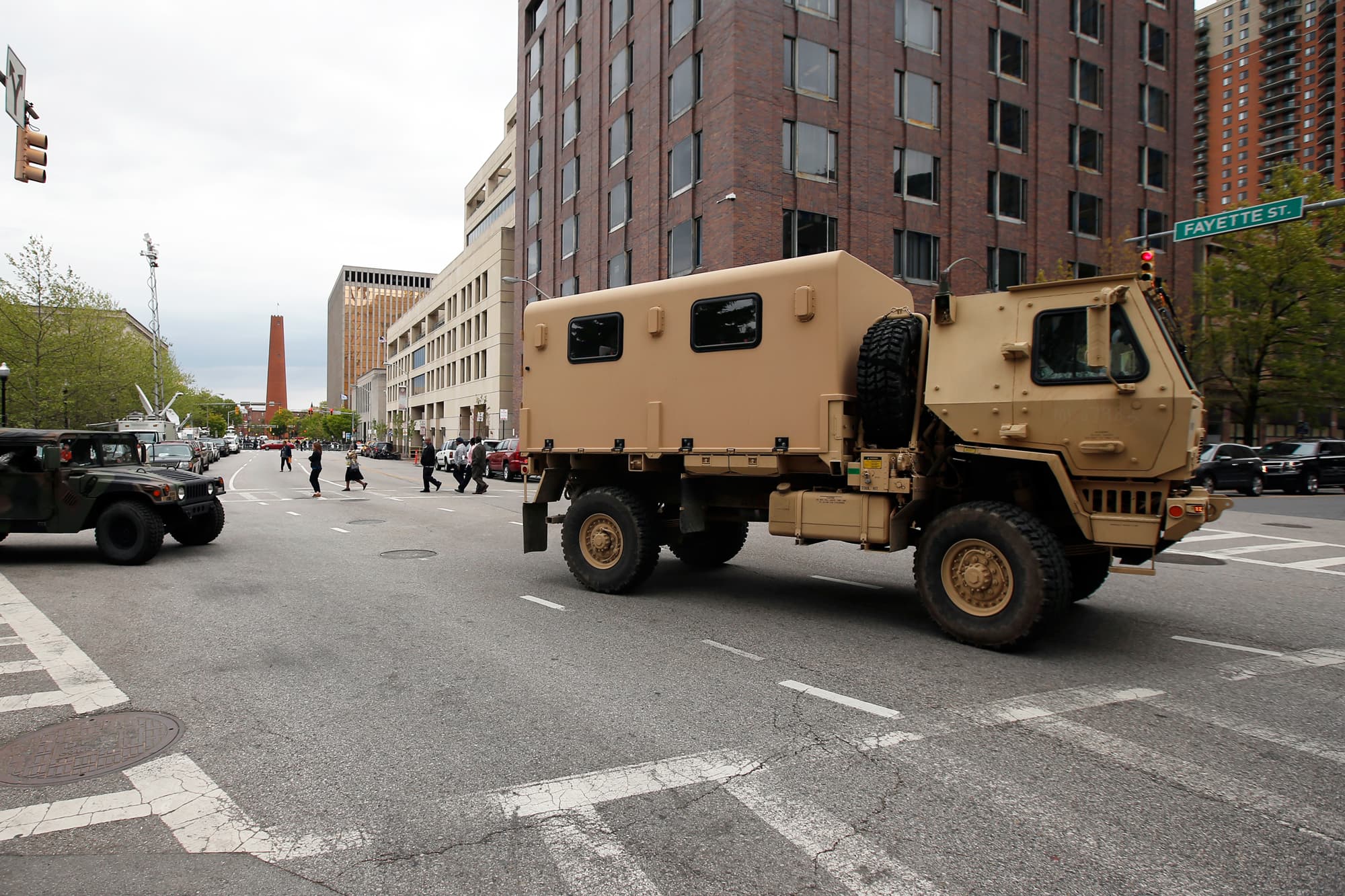
![NY_Forfeiture-Appeal_Cristal-Starling_1865-scaled-1[1]](https://rucci.law/wp-content/uploads/2023/12/NY_Forfeiture-Appeal_Cristal-Starling_1865-scaled-11.jpg)
